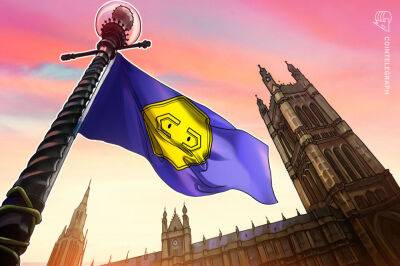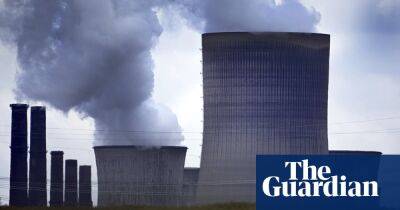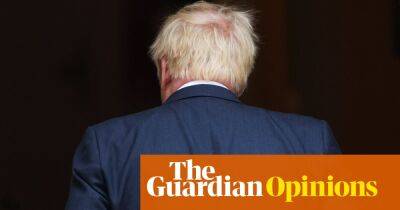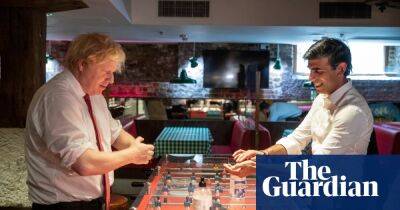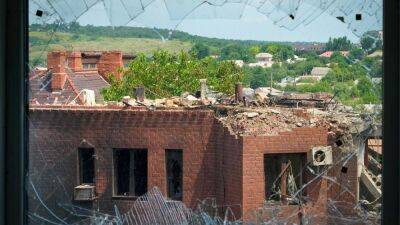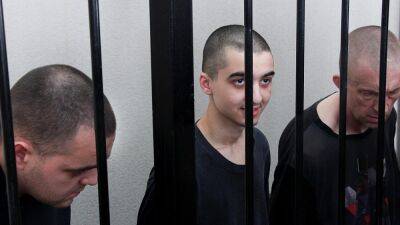Sanctions are hitting hard enough to hurt Russia, if not stop it
Sanctions have affected many aspects of life in Russia, but one particular shortage has sent the wealthy elite into a spin: beauty clinics are running out of Botox.
The business daily newspaperKommersant reported this month that Botox imports saw a threefold drop to 74,500 units in the period between January and March compared with the same time last year, after one western manufacturer stopped exporting to Russia.
While the beauty industry is a small cog in the machine, the decision by western allies to sever financial and trade ties with Russia has plunged the country’s economy into a deep recession, with the OECD forecasting a 10% contraction this year and a fall of more than 4% in 2023.
Sanctions have not halted the military assault, but some are now asking whether a promise to lift them could bring Russia to the negotiating table: a return to global markets, in exchange for peace in Ukraine. The British foreign secretary, Liz Truss, held out such a prospect in March, when she suggested Britain could lift sanctions if Russia commits to a full ceasefire and withdrawal, with a promise of “no further aggression”.
Some of the allies have closer links to Russia than others. Last week, Germany’s former premier Angela Merkel defended her decision to increase trade links with Russia, and Germany’s reliance on Russian hydrocarbons, after the annexation of Crimea in 2014. “It is a great tragedy that it didn’t work, but I don’t blame myself for trying,” she said. But Tim Ash, a Russia expert at the Chatham House thinktank, says Germany underestimated Putin for a long time. He says sanctions, which should have been tougher in response to Crimea, are working and should remain in place.
“The sanctions have exceeded most people’s
Read more on theguardian.com




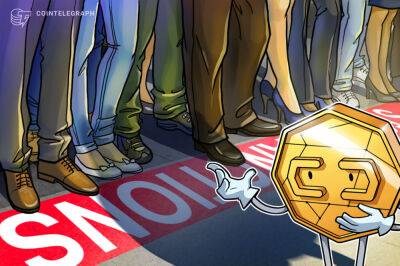
![Ethereum [ETH]: Analyzing how this resistance level can furnish an opportunity for investors - ambcrypto.com](https://finance-news.co/storage/thumbs_400/img/2022/7/8/32746_bsrc.jpg)
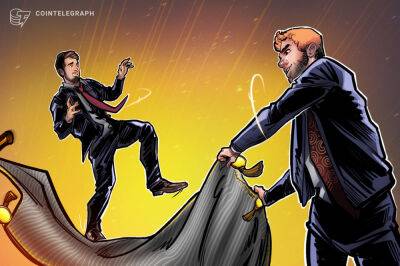




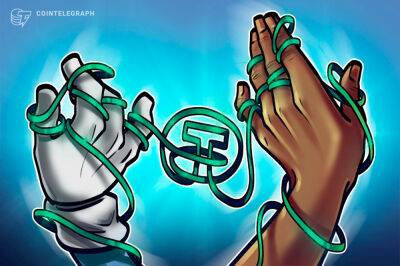
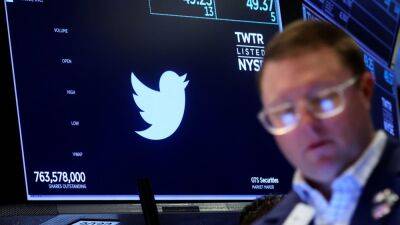
![Has Binance Coin [BNB] hit a brick wall after gaining 17% within eight days? - ambcrypto.com](https://finance-news.co/storage/thumbs_400/img/2022/7/8/32737_l0us.jpg)
